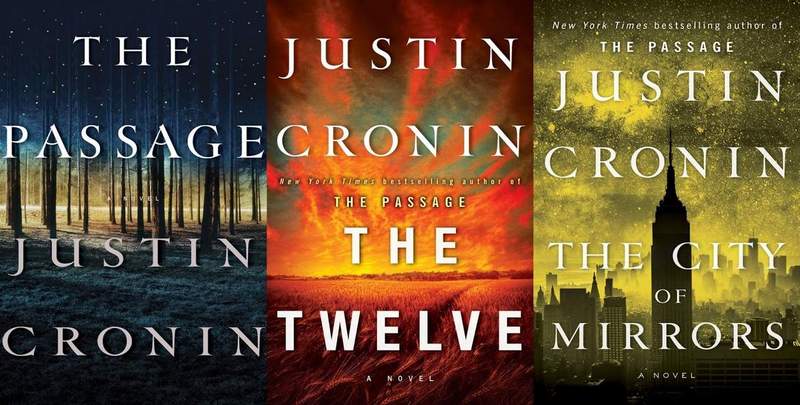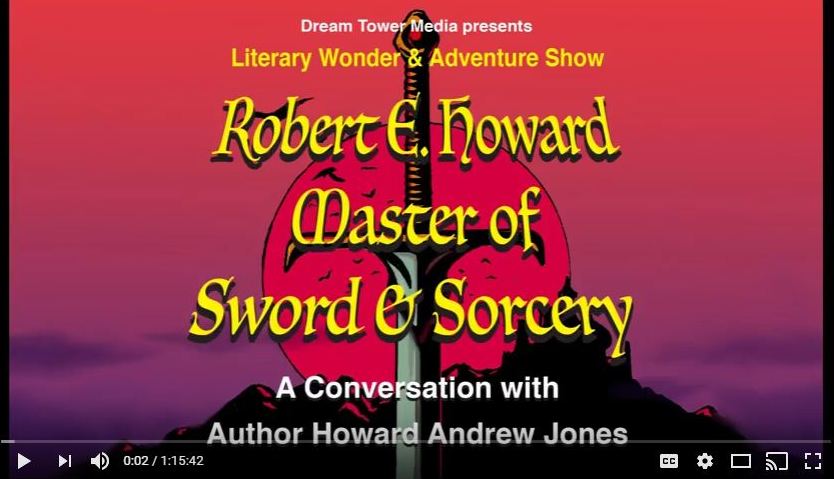The Man of Legends by Kenneth Johnson: Q&A with the Author, Part 1
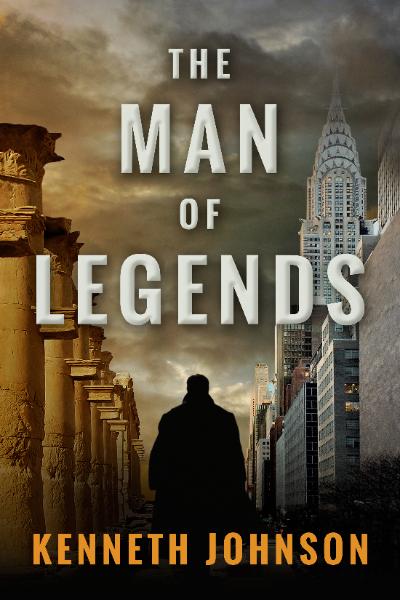 The Man of Legends is now available at Amazon in paperback, Kindle, and audiobook.
The Man of Legends is now available at Amazon in paperback, Kindle, and audiobook.
The title of the novel The Man of Legends refers to its central character and one of its numerous narrators: an enigmatic figure with a history stretching back to the ancient world. But the title can also apply to the book’s author, Kenneth Johnson. Although not as much a household word as Gene Roddenberry or Rod Serling, Johnson has left an indelible mark on a generation who grew up watching the shows he produced, developed, wrote, and directed: The Six Million Dollar Man, The Bionic Woman, The Incredible Hulk, V: The Original Miniseries, Alien Nation…
Basically, for people of my generation, Kenneth Johnson was our secret Gene Roddenberry, our hidden-in-plain-sight Rod Serling.
The Man of Legends feels like a declaration that Johnson’s legacy is no longer secret or hiding. Although he’s published novels before (most recently V: The Second Generation, a 2008 continuation of the 1983 miniseries), The Man of Legends is an original story that reads as a collation of the humanism in Johnson’s television and movie work. If a story about a cursed man forced to wander the world, helping people along the way even if it backfires on him, instantly calls up Bill Bixby as David Banner in The Incredible Hulk television show, it’s no coincidence. Johnson even tucks in a few direct references to the TV series. (“Don’t make me angry. You wouldn’t like me when I’m angry.”)
But The Man of Legends isn’t a retread. It’s a summation and expansion. This is unmistakably the work of the author who brought emotional power to David Banner’s lonely quest to be the best person he could while coping with an unconquerable rage and a relentless pursuer. But it’s also unmistakably the work of the author who crafted an anti-fascist epic about a panorama of people struggling against an abusive power (who also happened to be zoophagous alien reptiles). If you recall Kenneth’s Johnson’s brand of humanism and science-fiction excitement from his television work, The Man of Legends may be the best new novel you read in 2017.
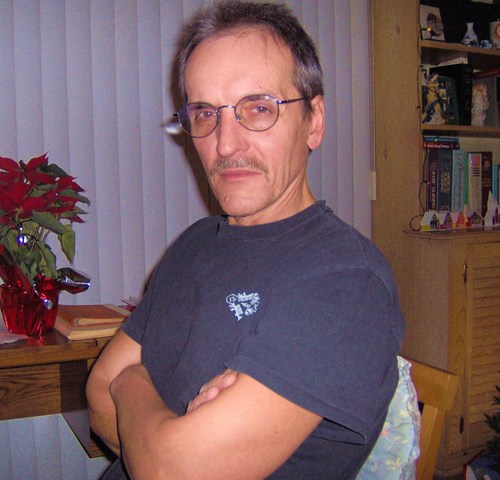
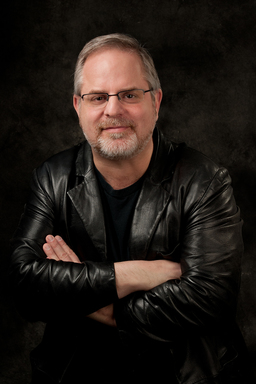
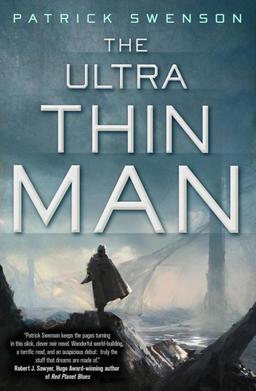


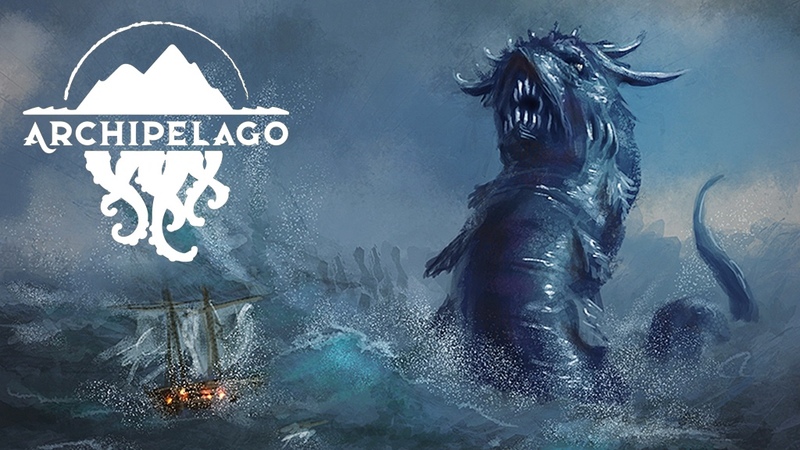
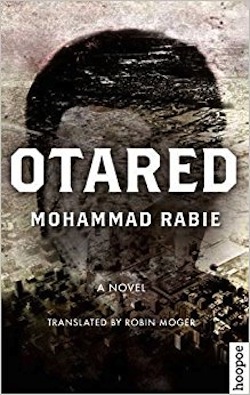 One pleasant stop on my recent trip to Cairo was the American University’s bookshop near Tahrir Square. It’s a treasure trove of books on Egyptology and Egyptian fiction in translation. Among the titles I picked up was the dystopian novel
One pleasant stop on my recent trip to Cairo was the American University’s bookshop near Tahrir Square. It’s a treasure trove of books on Egyptology and Egyptian fiction in translation. Among the titles I picked up was the dystopian novel 